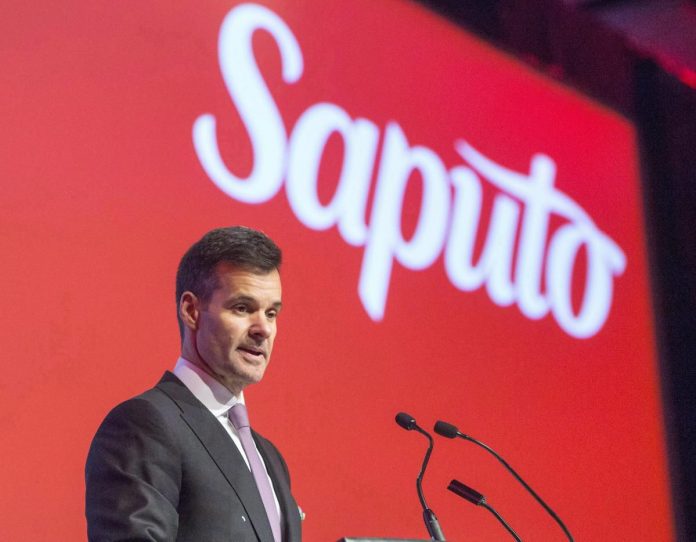[ad_1]
MONTREAL—Canada can preserve its dairy supply management system and resolve its trade dispute with the United States over dairy subsidies by ending its domestic milk ingredient pricing system, the head of Canada’s largest dairy processor said Monday.
Despite U.S. President Donald Trump’s tweets denouncing Canada’s supply management system, dairy farmers across the border aren’t petitioning to get rid of that system, said Lino Saputo Jr.
“The milk supply management system has served the dairy industry well since the 1970s and we’ve been through a number of negotiations and a number of trade deals where the milk supply management system has remained in place,” said the Saputo Inc. CEO in an interview.
The irritant to U.S. farmers is the Class 7 pricing agreement struck in 2016 that has effectively restricted U.S. exports of ultra-filtered milk used to make dairy products, he said.
The policy allows Canadian dairy processors to buy domestic milk at world market prices instead of higher prices controlled by the national supply management system. The U.S. dairy groups say that provides the processors with an incentive to cut milk imports.
“Ultimately that changed the rules of engagement, changed the rules of the game with respect to dairy trade north and south. So to me, I think the simple solution on the dairy file would be the elimination of Class 7. I think it would be the smartest thing that Canada could do,” Saputo said.
He said the powerful Canadian dairy farmers group has its head in the sand by calling for the preservation of all facets of the protectionist system.
“It’s like they’re asking for their cake and wanting to eat it too. It doesn’t make sense to me.”
While the pricing system has neither been a hindrance or benefit to Saputo, it exacerbates a problem that more solids are available than global demand.
“As an industry, I don’t think it makes a lot of logical sense to increase production when consumption isn’t there.”
Ending Class 7 is out of the question, said the Dairy Farmers of Canada.
“Although the comments took us by surprise, perhaps they are the product of the confusion around the notion of flexibility suggested by the federal government with respect to the NAFTA negotiations,” it wrote in an email.
“Notwithstanding, the association representing dairy processors across Canada continues to support both supply management and Class 7. Thus, the sector speaks with one voice.”
The introduction of Class 7 has strengthened the Canadian dairy system and resulted in more than $500 million in investments in the last two years from Dr. Oetker, Nestle, Coca-Cola and Gay Lea Foods, said Graham Lloyd, CEO of the Dairy Farmers of Ontario.
“I don’t think that it’s a valid irritant, remembering we don’t compete with them on the international market,” he said in an interview, calling Saputo’s suggestion not a solution.
“It does not make viable sense for how the Canadian marketplace is working. It priced domestic products, domestic ingredients at a competitive price, that’s all it did.”
[ad_2]








